The Central Appalachian Women’s Tribunal on Climate Justice in Charleston, West Virginia: Reflections and Women’s Stories about Mountaintop Removal
By Rebecca Barnes-Davies, PC(USA) Associate for Environmental Ministries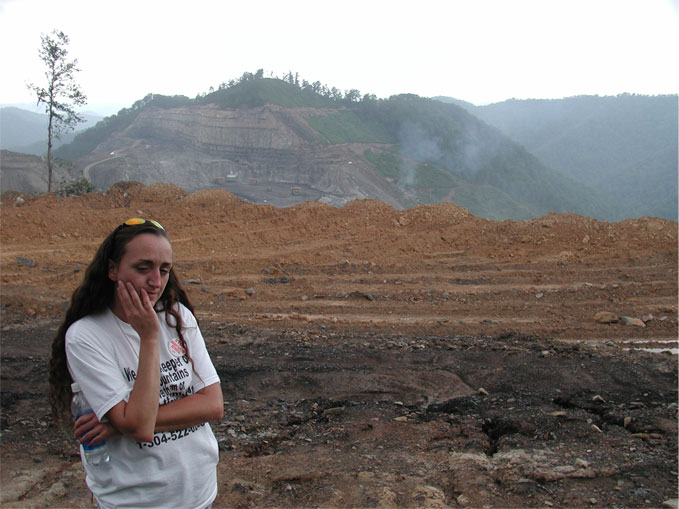 The Central Appalachian Women’s Tribunal on Climate Justice on May 10, 2012, was a powerful and meaningful event of local women lifting up their voices and engaging in action to protect the health and integrity of their families, their communities, and their land. I was honored and energized to be in this gathering of powerful grassroots advocates who are working hard to take care of the things they love. The speakers and leaders of this event were local residents who shared their personal stories of witnessing the devastating effects of Mountaintop Removal (MTR) Coal Mining in their homeland of Appalachia. Some of these local women have won prestigious awards, gained national recognition, and/or been interviewed in documentaries for their great efforts. They come from a four state area: TN, WV, VA, and KY.
The Central Appalachian Women’s Tribunal on Climate Justice on May 10, 2012, was a powerful and meaningful event of local women lifting up their voices and engaging in action to protect the health and integrity of their families, their communities, and their land. I was honored and energized to be in this gathering of powerful grassroots advocates who are working hard to take care of the things they love. The speakers and leaders of this event were local residents who shared their personal stories of witnessing the devastating effects of Mountaintop Removal (MTR) Coal Mining in their homeland of Appalachia. Some of these local women have won prestigious awards, gained national recognition, and/or been interviewed in documentaries for their great efforts. They come from a four state area: TN, WV, VA, and KY.
These women’s lives have been drastically impacted by MTR and I was convicted and inspired by their stories. Hearing their testimonies, I am ever more committed to continue to pray and work for an end to the destructive practice of MTR that is damaging this part of God’s creation. I hope you will join me in these efforts, both from reading these glimpses of local residents’ stories and from knowing our biblical, theological, and denominational mandate to care for God’s creation.
___________________________________________
It’s not possible to destroy our mountains without destroying us. It’s not possible to poison our streams without poisoning our children… For all the voices you hear today, remember there are others who have been silenced or intimidated.
___________________________________________
People of faith have every reason to engage this struggle as a core part of their Christian vocation and identity. As Presbyterian Church (U.S.A.) policy from 1990 says, “God’s work in creation is too wonderful, too ancient, too beautiful, too good to be desecrated.” God’s work in the mountains of the southeastern United States is: the work of these powerful women, this vital stand against MTR, and the beauty and health of Appalachian communities.
The gathering last week was one in a series of global tribunals that help to lift up the particular vulnerability of women to, and strength in the face of, climate change. These tribunals have given voice and recognition to women who live all around the world and are fighting for justice in their environment. Reflections from this Appalachian tribunal will go to the “Rio+20” United Nations Conference on Sustainable Development this June 20-22, 2012 in Rio de Janeiro, Brazil. I will be at the Earth Summit as part of the World Council of Churches delegation, and will be sharing with Presbyterians and others back home my sense of the developments there. This local Women’s Tribunal was a great first step to this important global conference and will influence my participation there.
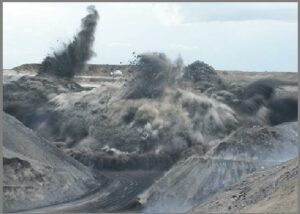 Women of Appalachia Share Their Stories & Ideas
Women of Appalachia Share Their Stories & Ideas
Nearly twenty women shared their personal stories, testimonies, ideas, and demands related to Mountaintop Removal Coal Mining. While nothing can replace being in person to hear someone’s story, here are some of the words and stories I took away with me from local residents that I want to share with you. I cannot verify that my hand-written notes captured exact quotations, so although I will represent them (for clarity) in quotation marks, this is my disclaimer that the actual wording may have been slightly different!
We Are the Mountains
“It’s not possible to destroy our mountains without destroying us. It’s not possible to poison our streams without poisoning our children… For all the voices you hear today, remember there are others who have been silenced or intimidated.” From a woman who can remember watching the blasting on the mountains from her bedroom window since she was 5 years old.
Safe to Birth My Children
A 25 year old woman, who knows that the legacy of environmental degradation in her mountains will “stunt Applachians’ health before they’re even born,” wants MTR stopped because she desires that it be “safe to birth my future children in my homeland…living where our families have lived for generations.” Knowing that in Appalachia “we need healthy babies for a bigger, brighter future,” she argues that we must undo the “shackles around our good health.”
Not One Untouched by Illness
A nurse takes note of “strange and serious illnesses” in her home territory (after going away for nursing training and then coming back home). She was particularly stunned by an extremely rare illness that took the life of her cousin (an illness with which only 20,000 people have ever been diagnosed) that is now the diagnosis of another person in her community and one more nearby. She says there is not one home located near coal mines that has been untouched by serious illness.
Excusing Cancer
A woman whose 12 year old daughter lost a classmate to cancer—the same daughter having severe sinus troubles because of MTR (including the membrane in her nostrils being cut by the lose rock dust the family had to breathe)—shared her anger that her daughter’s health was being sacrificed to the energy demands of cheap coal in this country. This woman’s family stayed sick the entire time they were blowing up the mountain above their home. To add insult to energy, the reports from the coal company discounted the health disparities in these communities affected by MTR coal mining because the case studies didn’t take into account “consanguinity” (in-breeding)! (If anyone is looking for an example of environmental justice (i.e. environmental racism and classism), here it is! Outrageous!)
Coal Is King
Coming from a family that has been in coal mining for generations, one woman shared that in her 20 year saga of trying to protect her land, it has been an ongoing battle that takes a ton of work, and unfortunately “people here are frightened of the industry.” In many families, people worry “they’ll take my pension…burn down my house” and she shrugs as she speaks, knowing their fears are realistic and part of the fabric of this struggle. She has fought long and hard, pushing politicians who often won’t do anything, which she recognizes is because “it is political suicide to try to do anything” against coal in this part of the country. Yet she has hope, even as there’s another round of fighting ahead (the coal company has yet again filed permits for the land near her home, permits that have been denied multiple times). She smiles and says, “Get all these ladies together and do what women do and that’s win the battles!”
Lungs into Concrete
Another woman whose male relations are all in coal mining, and who herself was a stay-at-home mom, shared her story about being “thrust” into this movement by the coal company itself. How could she have a choice when this MTR coal mining “can turn lungs into concrete,” and when constantly “babies are wakened by noise” and when a toddler in his bed was crushed by a boulder falling into his house from the mountaintop above? Sludge gets into the water. She declares, this is “equivalent to a war zone.” She wants her children to know that they have choices. So when her legislator, agreeing with her in principal but nervous to take action says “we have an awful lot of coal” she retorts “we also have a lot of sun and air.” She is clear that “they mine coal where we live, not we live where they mine coal.” Families and communities come first. And, besides, “Nothing else matters if we can’t breathe the air and drink the water.”
Calculating Cost
Telling a story about an old preacher who laid a dollar over the scripture selection about it being hard for a rich person to get to heaven (and then asking someone who wasn’t seeing the point, “well, can you see it now?!”) another woman focused on following the money in this debate. She has seen the medical expenses in her community, the cost of roads (driven on by too-heavy coal trucks) going into the creeks, and the flooding in her community. She wants these economic costs to be part of the discussion. When people talk about the economic boon of coal mining, do they consider these things that matter to local residents?
Community Lost
When discussing the effects that MTR coal mining has on the local community, one woman shares that the coal mines “after they ruin your community and quality of life, then they come in and offer money to buy you out.” She has seen 30 communities dry up and disappear in her 44 years of living in the area. She says “you can’t have Mountaintop Removal and communities…it’s one or the other.”
Connection to the Land, Broken
Another woman talks about the chemicals in water, air, and land. One family reportedly has a continuous flame in their well because of the explosive methane that seeped into their water supply from mining. Birds and fish are dying, she explained, and property values plummet because homes are covered in coal dust. Mountain ginseng and mountain flowers are buried. Family cemetaries are sometimes made inaccessible because of coal mining. One cemetery was pushed over by a bulldozer. All of these things break the sense local residents have of belonging to the land.
Divide and Conquer
A woman who started standing up to the coal company in her town started explaining how the fabric of community is torn by the coal company: “fear.” If her truck was in her neighbors’ driveway, her neighbors got in trouble for associating with her. She lost her best friend. She stopped being asked to serve on volunteer organizations because the coal company wouldn’t give donations to any local organizations that activists, like her, were a part of (even if they didn’t have anything to do with the struggle against coal mining). People were afraid and felt controlled, and they got alienated from each other.
No More Porches
The long-time custom of “porch sitting” is another example of how communities are harmed by coal mining, says another woman. You can’t sit on your porch with the huge trucks going by, coal dust spewing, she explained. MTR coal mining also reduces the labor pool, so that creates tension. Drug use has gone up, the more people get depressed and look for outlets to escape.
One Woman Refuses to Be Put Out of Her Grandfather’s Home
A “stubborn holler dweller” (as she was called by the EPA) stood up to the coal company in her area and received serious death threats. Encouraged to move to a hotel, she stood her ground. With a 6 ft chain link fence, security cameras, and attack dog, this local woman would “not be put out of my grandfather’s home,” even when people were caught sneaking into her property. It is her home and she has a right to stay there.
A People Orphaned
“Mom and Dad’s chimney was pulled away from the wall” and they “lost access to water” because of coal mining, another woman said. When her parents lost access, the coal company graciously brought a barrel of water over, pouring bleach in it when it was obviously full of things you could see floating around in it. This woman, not trusting anything, took a sample. Her sample showed the water was not fit to drink. This struggle sometimes is just “too hard… people decide to move.” Her parents stayed, but one huge blast and shaking of the house brought a heart attack to her Dad. A year later, after having been moved away, her Mom died “crying to go back home.” This woman tells us “I feel like an orphan…People have no idea what we go through.”
No Baptisms in This River
A local pastor reports that the local river isn’t one where you can put your feet in or catch fish from. “No baptisms in this river,” she says. Meanwhile, the receiving chairs on her porch are covered in coal ash. The prayer concern list at church has “so many health problems.” She believes in the statement from Martin Luther King, Jr. that the church should be the headlights, but that in this case, the church is the taillights in standing up for the people in Appalachia against coal mining companies.
Burden of Proof
At first in denial over the devastation of MTR, having bought land and built a dream house, another local woman was forced to accept it when her well water turned bright orange. She shares resigned disbelief that the burden of proof was on her (and her pocketbook) to prove that it was the coal company’s fault. This was a “huge wake-up call,” she says. She quickly came to realize that many state officials have a kind of culture of “customer relations” with miners that they don’t have with residents. Meanwhile, she found that when she sampled her water, she had to send it 70 miles away (refrigerating it that whole time) because the company’s water tester will “switch your samples for tap water” so again, “the burden of proof is on me.”
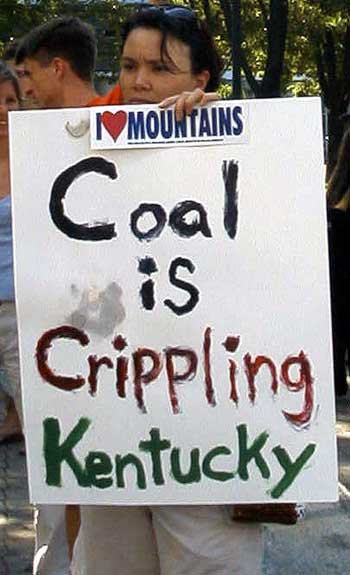 The Women of Appalachian Coal Mining
The Women of Appalachian Coal Mining
These women are strong, wise, and courageous. I was honored to be in their presence and hope that you will join me in prayer and action to help them protect their homes. In addition to the strong stance that the Presbyterian Church USA has long taken—that low-income communities not be disproportionately impacted by negative environmental practices—in 2006 the PCUSA General Assembly approved a resolution to abandon the use of mountaintop removal coal mining. We believe that the earth is God’s, and all people and all parts of creation are to be valued, respected, and tended with care. I pray that we will indeed join our hearts, minds, and bodies to this faithful call and work for an end to MTR.
“They put their hand to the flinty rock, and overturn mountains by the roots. They cut out channels in the rocks, and their eyes see every precious thing. The sources of the rivers they probe; hidden things they bring to light. But where shall wisdom be found? And where is the place of understanding?” Job 28:9-12
Learn more about mountaintop removal. Check out information from the National Council of Churches.
Read the 2011 study on the association between mountaintop mining and birth defects. View a summary and fact sheet of the findings.
Take action to end the destructive practices of mountaintop removal. Sign the National Council of Churches petition.
Get involved with Presbyterian Environmental Ministries.
Rebecca Barnes-Davies is the Associate for Environmental Ministries at the PC(USA). She recently graduated from Louisville Presbyterian Theological Seminary with a M.Div. and Master of Arts in Religion (MAR) dual degree. She is the author of 50 Ways To Help Save the Earth: How You and Your Church Can Make a Difference.


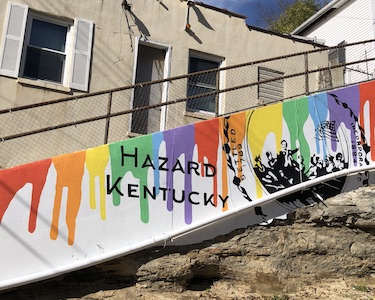

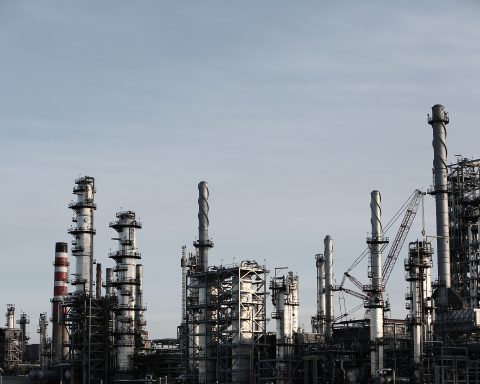
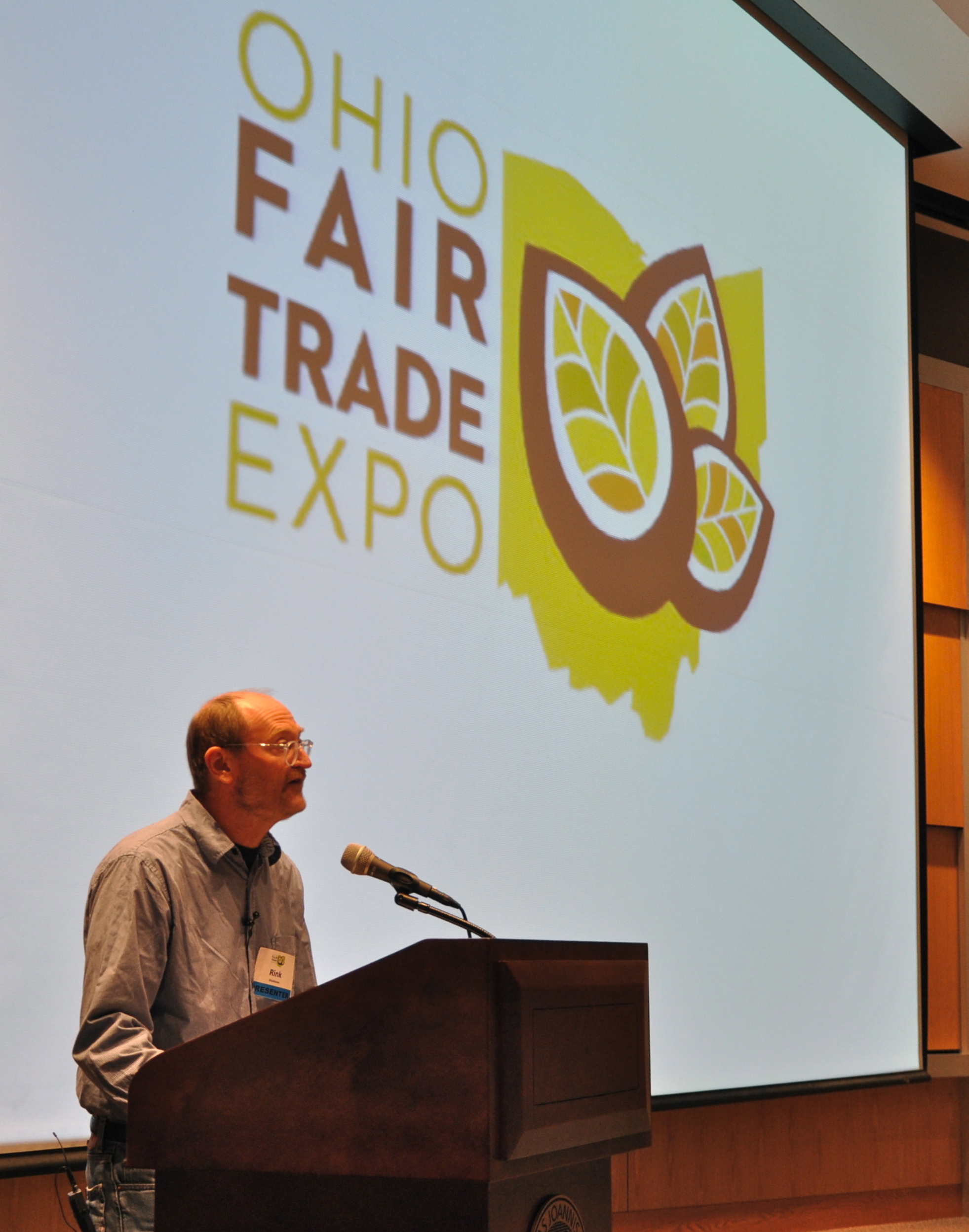
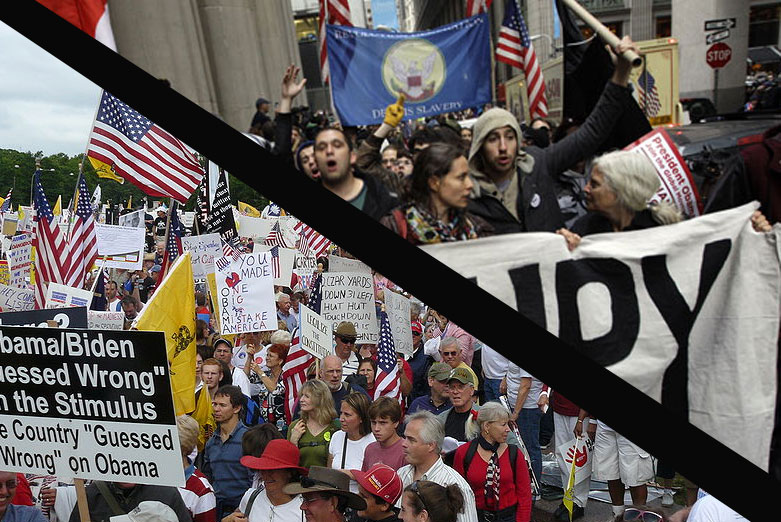
Unbound Social